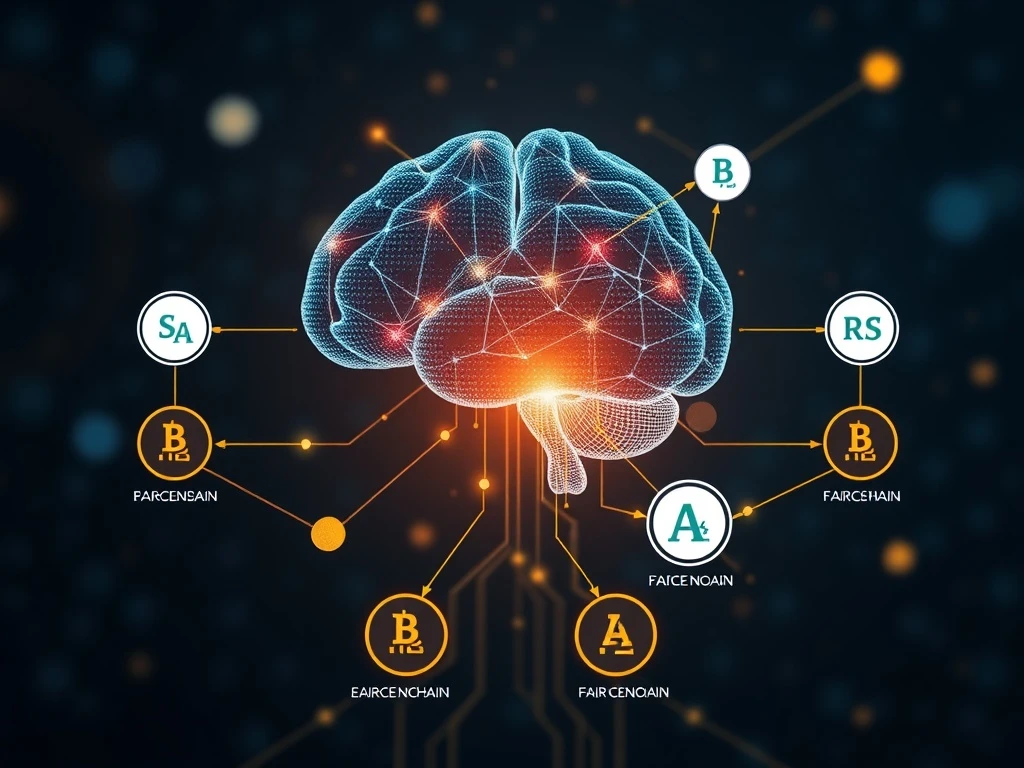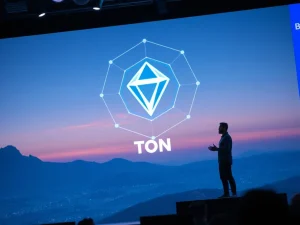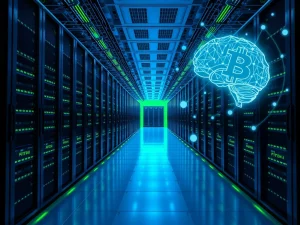Unlock Fair AI Data Compensation: Why Onchain Attribution is Crucial

Did you know your everyday online activity – your posts, searches, and interactions – is fueling the artificial intelligence revolution? AI models generate immense value from this collective human output. Yet, the people whose AI data makes these powerful systems possible rarely receive any recognition or compensation. This needs to change. It’s time to demand onchain attribution and build systems that pay individuals for their valuable contributions.
The Unseen Labor Behind AI Data
The rise of AI is largely thanks to the vast amounts of AI data we generate. Think about it: posts on social media helped train large language models. Blog entries and forum discussions shaped AI that companies now monetize for billions. While these companies profit, the individuals who provided the raw material get nothing. No payment, no credit, not even a simple acknowledgment.
This is a modern form of invisible labor. Billions are unintentionally serving as an unpaid workforce for AI development. The data they create – their words, code, images, even movements – is collected, processed, and used to make machines more capable, whether for generating text, improving ad targeting, or executing complex trades. The economic loop powering AI currently bypasses the human creators entirely. This situation mirrors past instances where creators were uncredited for their work, but now it’s happening on a global scale. The core issue isn’t just fairness; it’s about who controls intelligence. Do we want a future where a few corporations own this power, or one where it’s shared more broadly? Redefining the economics of intelligence is key.
Why Onchain Attribution Matters for AI Compensation
Instead of opaque AI models trained in secret, systems built on onchain attribution propose transparency. Every piece of data used to train a model – a post, video, or image – could carry a digital identifier or receipt. Every time that model is used, a small payment could flow back to the original data creator. This is attribution embedded directly into the system’s design.
This model isn’t without precedent. Musicians earn royalties when their music streams. Developers get credit and sometimes payment when their open-source code is reused. AI should follow similar principles. The fact that training data is digital doesn’t make it free. In many ways, it’s among the most valuable resources we have. The challenge is we’ve treated AI like traditional software – build it once, sell it many times. But AI isn’t static. It learns, evolves, and improves with ongoing interaction. It weakens if its data supply dries up. AI functions more like a living ecosystem, needing a continuous flow of human input – language, behavior, creativity. Currently, there’s no system to track this supply chain or reward those who sustain it. AI compensation through transparent, onchain methods is the proposed solution.
Blockchain AI: Building a Fairer Ecosystem
Systems leveraging blockchain AI can create a circular knowledge economy. In this structure, participation directly relates to ownership, and every interaction has traceable value. Consider the near future: autonomous AI agents will perform tasks like booking services, negotiating contracts, and running businesses. These agents will transact, requiring digital wallets. They’ll also need access to specific models and will pay for datasets, APIs, and human guidance. We are heading towards machine-to-machine commerce, and the infrastructure for transparent value exchange isn’t ready. The world needs a system to track what an agent used, where the intelligence originated, and who deserves payment. Without it, the entire AI ecosystem risks becoming a market of untraceable decisions and uncredited insights.
Implementing Data Monetization: Challenges and Solutions
The current complexities with AI seem minor compared to the future where autonomous agents act on our behalf without a clear audit trail of their intelligence sources. A deeper concern is control. Major companies like OpenAI, Meta, and Google are developing models set to power critical sectors from education to defense. They increasingly control the digital landscape. Governments worldwide are trying to keep pace. As AI integrates further into communication and identity systems, the lines blur.
We face a choice. We can accept continued consolidation, where intelligence is shaped and governed by a few platforms. Or, we can build a more equitable alternative: an open system where models are more transparent, attribution is automatic, and value returns to the people who made it possible. Achieving widespread data monetization requires more than just updated terms of service. It demands new digital rights: the right to attribution, the right to compensation, and the right to audit systems built on our data. It requires new infrastructure – wallets, identity layers, permission systems – that treat data not as byproduct but as valuable labor. It also needs a legal framework that acknowledges this reality: people are creating value that warrants recognition. Right now, much of the world’s digital work is unpaid. But as people understand their contribution, they will demand what they are owed. The critical question is whether a system will be ready to pay them.
We risk a future where intelligence, a fundamental force, is privatized, unaccountable, and beyond public reach. Building a better system is possible. The first step is acknowledging that the current approach to AI data and compensation is fundamentally broken.








